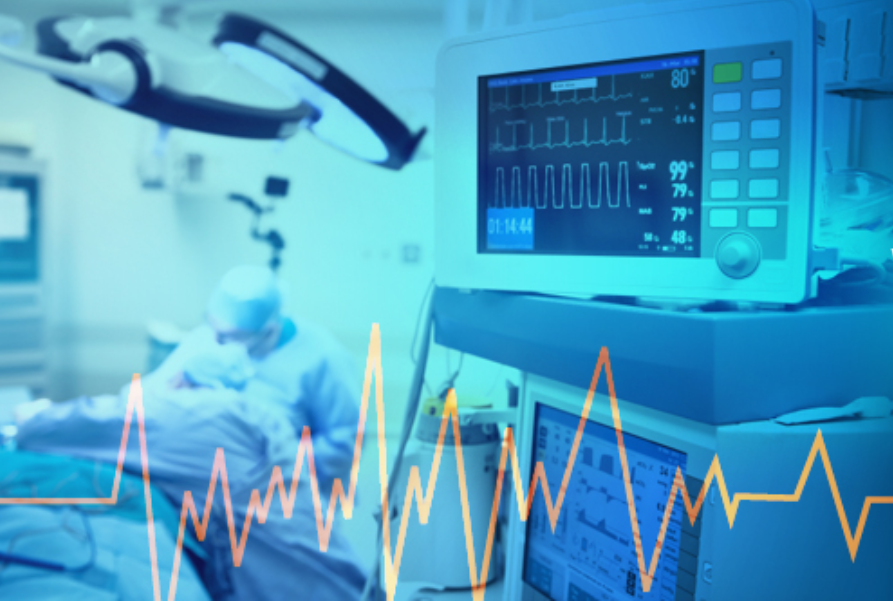Medical device manufacturers are facing a lot of challenges
June 04, 2018 | Monday | Features | By Suresh Vazirani
Understandably, the current inverted customs structure is totally in favour of imports and is detrimental to Make in India.
A lot has been spoken about recognizing the Medtech industry as a sunshine sector in the Government’s Make in India initiative. The move has been welcomed by the industry with open arms. However, there still exist a lot many gaps to fill, in order to boost the growth of this important sector.
Creation of designated manufacturing zones for medical devices, PPPs, ‘Free Diagnostics Service Initiative’, Ayushman Bharat Yojana are all opportunities that are set to give impetus to this sector.
On the flip side, there are a lot of challenges that medical device manufacturers are facing and need to be addressed at the earliest. To start with, there is significant room to ‘correct’ the skewed GST on some of the diagnostics products. e.g. Instruments attract 18%, reagents/consumables at 12%. This rate is too high and should be brought down to 5% in order to benefit the patients at large. Such correction will only give further fillip to manufacturing in India.
The preferential pricing policy and buy India policy are strategic drivers that can, not only positively impact domestic growth but also benefit the consumers as well as stakeholders. However, the policy remains only on paper and needs reconsideration, as the following points have not been considered:
- Preferential pricing for domestic manufacturers based on World Bank norms which allow 15-20% price preference.
- Preference for Indian Certification for Medical Devices (ICMED) /ISO certified manufacturers to boost quality.
- Preference for Design India Certified Manufacturers to boost indigenous development.
- Timely payment against government supplies.
- Penal provision against hospitals that keep exclusionary compliance clause of USFDA certification in tender specifications.
- Incentives for R&D and innovative indigenous product development.
Another very big deterrent to the growth of this sector is our dependency on imports. Even today 70-80% of our medical equipment is imported. Inverted duty structure is at the root cause of this scenario. Currently the medical devices are importable at zero basic customs duty. On the other hand, the components required by domestic manufacturers to manufacture the same in India are charged 7.5% basic customs duty, thereby penalizing any efforts to make in India. The industry needs the approach adopted by the automobile sector. Today, every single automobile manufacturer is making in India. And this is because the import duty on parts is only about 10% while on finished cars it is upto 90%. So obviously, it makes sense to Manufacture cars in India.
Understandably, the current inverted customs structure is totally in favour of imports and is detrimental to Make in India. The Government is talking of Make in India but its own policies are killing Make in India. It is high time the Govt. walks its talk and corrects its inverted duty structure to encourage Make in India which will not only make healthcare more affordable but also create much needed jobs.
Besides, lack of regulatory systems with global standards and lack of quality product testing are hampering this sector. At present most of the medical devices can be imported by anyone from anywhere without any regulatory checks. There are rampant imports of low cost, poor quality equipment. All these facts pose challenging for domestic manufacturers.
On the positive side, the size of the Indian medical device industry was USD 2.16 bn in 2006 and in little over a decade, I am glad, that it has more than doubled to reach USD 5.2 bn by 2017. As a manufacturer of diagnostic instruments, for me the direction in which the industry is moving is very exciting! It has steadily grown at a CAGR of 15.8%. As per industry estimates, the Indian medical devices market will grow to USD 50 billion by 2025. Currently, India is counted among the top 20 global medical devices market and is the 4th largest medical devices market in Asia after Japan, China and South Korea.
I am sure that with a little more support from the Government the medical device industry in India will lead the way in global healthcare!
Suresh Vazirani, Chairman & Managing Director, Transasia Bio-Medicals Ltd.









